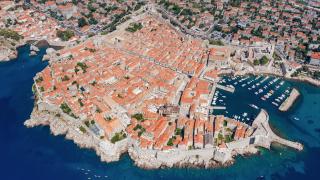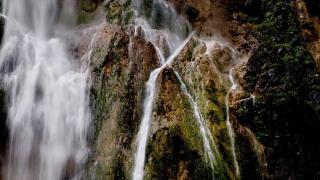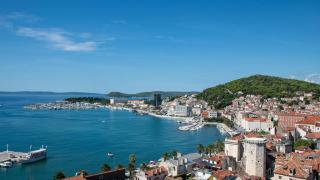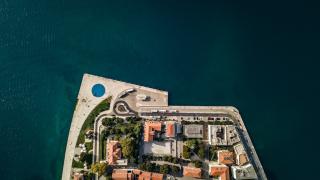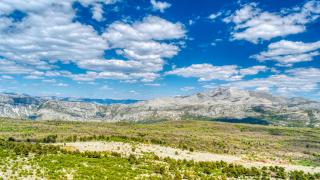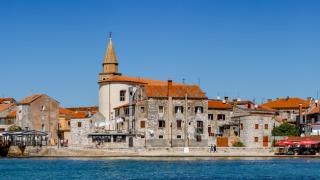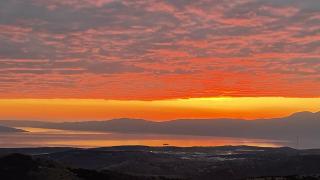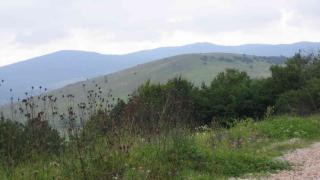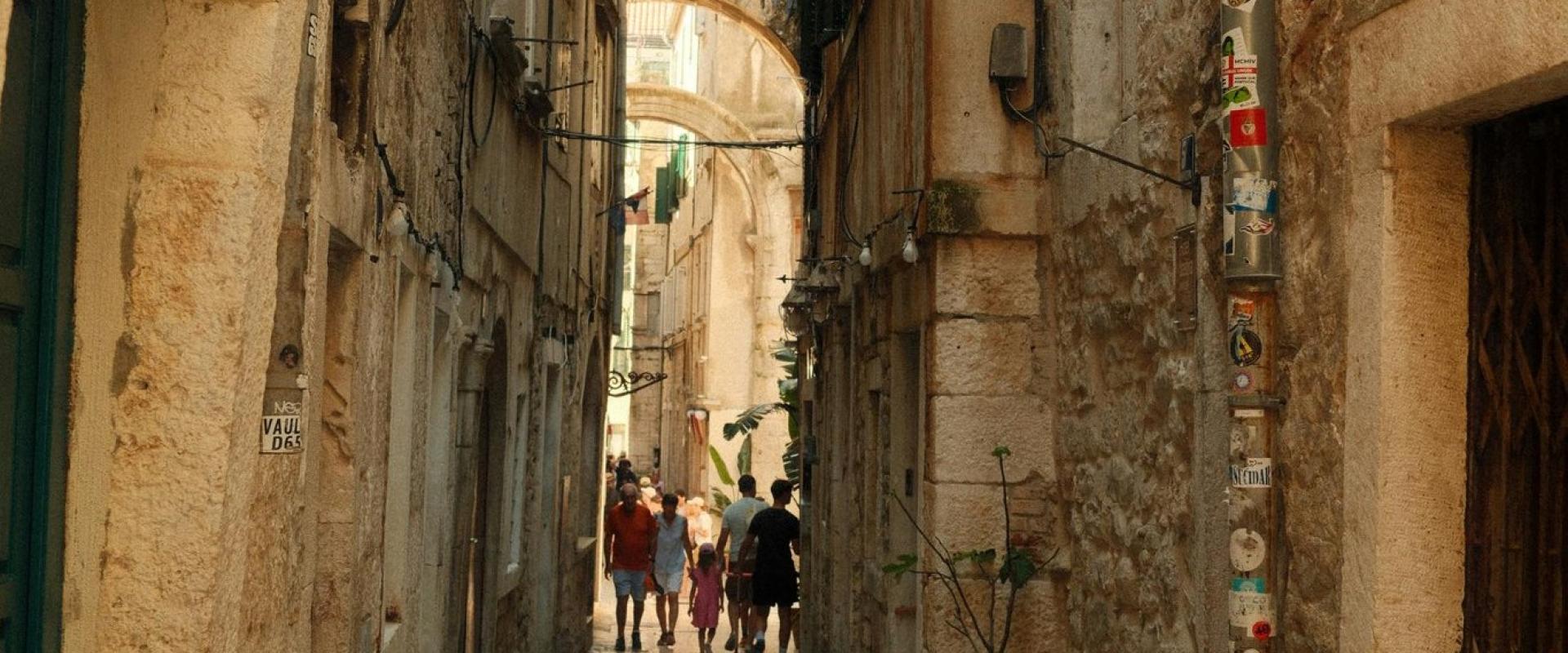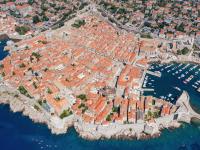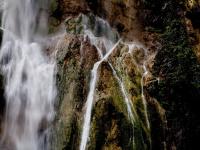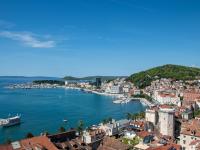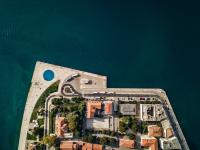Introduction
Cultural experiences offer travelers direct engagement with local traditions, cuisine, and heritage. These activities go beyond sightseeing. They include joining truffle hunts in Istria, tasting olive oil, or exploring medieval villages. Travelers can visit historical sites, such as UNESCO-listed fortresses, or stroll through cobbled streets lined with artisan shops. Typical experiences last from one hour to a full day. Costs vary: truffle tours start at €40, fortress entry at €5-€10. Many experiences operate year-round, though some festivals or harvests are seasonal. Options range from guided walking tours to hands-on workshops. Travelers gain insight into daily life, regional customs, and local foods. This article covers immersive activities, culinary tastings, craft demonstrations, and heritage tours. Each experience provides practical details: what to do, where to go, and how to participate. The focus is on authentic, memorable interactions with culture.
Festivals and Traditions
Travelers can join local festivals to experience authentic culture.
- Dubrovnik Summer Festival: Held July-August. Features theater, music, and dance in historic venues. Tickets range from €10-€50. Events last 1-3 hours.
- Sinjska Alka: Traditional knight tournament in Sinj, every August. UNESCO-listed. Parade and jousting. Free to watch, reserved seats €15-€40.
- Rijeka Carnival: Late January-February. One of Europe’s largest. Parades, masked balls, and concerts. Most events are free. Main parade lasts 4-5 hours.
- St. Blaise Festival: Dubrovnik, February 2-9. Religious processions, folk dances, and local food. Most activities are public and free.
Unique customs:
- Locals wear traditional dress during festivals.
- Folk music and kolo circle dances are common.
- Food stalls offer regional specialties.
Tips for respectful participation:
- Ask before photographing people in costume.
- Dress modestly for religious events.
- Arrive early for parades and processions.
Timing advice:
- Check festival dates before booking travel.
- Reserve accommodation early during major events.
- Some festivals require advance ticket purchase.
Culinary Experiences
Regional dishes and food traditions:
- Istria is known for truffles, olive oil, and Malvasia wine. Truffle hunting tours run September-November. Cost: €40-€100 per person. Duration: 2-4 hours.
- Dalmatia offers fresh seafood, black risotto, and peka (meat or octopus slow-cooked under a bell). Try at konobas (local taverns).
- In Mostar, sample ćevapi (grilled minced meat) and baklava. Street vendors sell snacks for €2-€5.
Markets, tours, and classes:
- Visit Zagreb’s Dolac Market. Open daily, 7am-3pm. Fresh produce, cheese, and local pastries.
- Join a Split food tour. Typical price: €50. Includes tastings at 5-7 stops. Duration: 3 hours.
- Cooking classes in Dubrovnik teach traditional recipes. Prices from €60. Lasts 2-4 hours.
Specialties:
- Istrian truffles peak in autumn. Olive oil tastings available year-round at local mills.
- Wine tastings in Pelješac or Korčula. Many vineyards open April-October. Tasting fees: €5-€15.
Dining etiquette and language tips:
- Greet with “Dobar dan” (Good day). Say “Hvala” (Thank you).
- Tipping: round up bill or add 10%. Wait for host to start meal.
Arts and Heritage Sites
Must-see museums and galleries:
- Zagreb’s Museum of Broken Relationships: Unique exhibits. Open daily. Entry: €7. Plan 1 hour.
- Split’s Archaeological Museum: Ancient artifacts. Open Tuesday-Sunday. Entry: €6. Allow 1-2 hours.
- Dubrovnik Art Gallery: Modern Croatian art. Closed Mondays. Entry: €5. Visit early to avoid crowds.
UNESCO World Heritage Sites:
- Diocletian’s Palace, Split: Roman ruins. Open access. Best visited early morning.
- Old City of Dubrovnik: Medieval walls. Entry: €35 for wall walk. Go at opening (8:00) to avoid crowds.
- Šibenik’s St. James Cathedral: Renaissance architecture. Entry: €5. Visit late afternoon for fewer visitors.
Historic towns and villages:
- Motovun, Grožnjan, Oprtalj (Istria): Medieval hilltop villages. Explore cobbled streets. Local shops sell truffle products and olive oil.
- Korčula Old Town: Venetian heritage. Free to enter. Artisan workshops open daily.
Local crafts and artisan workshops:
- Lace-making in Pag: Demonstrations available. Workshops from €10. Book in advance.
- Pottery in Varaždin: Hands-on classes. Duration: 2 hours. Prices from €20.
Practical advice:
- Buy tickets online for major sites.
- Visit early or late to avoid tour groups.
- Many museums close Mondays.
Local Encounters
Village stays offer immersion in daily life. Options in Istrian hilltop villages like Motovun or Grožnjan. Guesthouses cost €30-€60 per night. Hosts may invite guests to family meals or seasonal farm work.
Guided walks with locals run in Mostar and Šibenik. Duration: 2-3 hours. Cost: €15-€40. Guides explain customs, architecture, and local stories.
Workshops teach traditional skills. Try pottery in Grožnjan or cooking classes in Split. Prices: €25-€70. Most last 2-4 hours.
Etiquette tips:
- Greet with a handshake or nod.
- Remove shoes if entering a private home.
- Dress modestly in religious sites.
- Ask before joining local celebrations.
Language barriers:
- Learn basic phrases (hello, thank you).
- Use translation apps or phrasebooks.
- Many young locals speak English.
Photography:
- Always ask before photographing people.
- Avoid photos during prayer or private moments.
- Respect signs prohibiting photography.
Participation:
- Observe first, then join if invited.
- Follow host instructions during workshops or meals.
- Show interest in local stories and crafts.
Practical Tips
Plan ahead for popular experiences:
- Book truffle hunting tours or traditional workshops at least two weeks in advance.
- Check local event calendars for festivals or performances. Tickets may sell out quickly.
Dress appropriately:
- Wear comfortable shoes for walking tours in historic towns or villages.
- Modest clothing is required in religious sites. Shoulders and knees should be covered.
Consider timing:
- Visit cultural sites early in the morning to avoid crowds, especially in summer.
- Many authentic experiences, like village feasts, happen in spring or autumn.
Find authentic alternatives:
- Explore lesser-known villages such as Grožnjan or Oprtalj instead of crowded coastal towns.
- Ask locals or guesthouse hosts for recommendations on cultural events.
Resources:
- Use official tourism websites for updated schedules.
- Local tourist offices provide maps and event listings.
Conclusion
Cultural experiences deepen understanding of local life. Joining a truffle hunt or village stay reveals daily traditions. Museum visits show regional history and art. Costs range from €7 for museum entry to €100 for tours. Activities last 1-4 hours or overnight for village stays. Travelers should remain open-minded and curious. Plan trips around festivals or workshops for richer immersion. Research local customs before arrival. Choose less-visited sites for authentic encounters. Allocate extra time for spontaneous experiences. Prioritize engagement over sightseeing. A culturally rich trip requires flexibility, respect, and willingness to learn.
